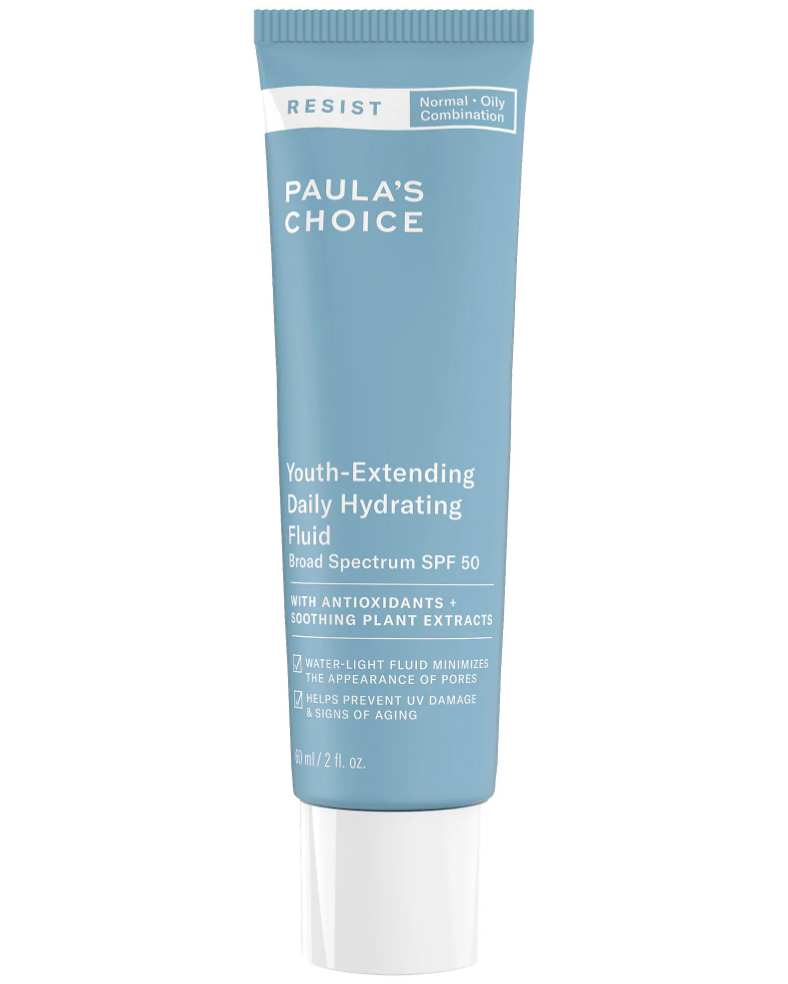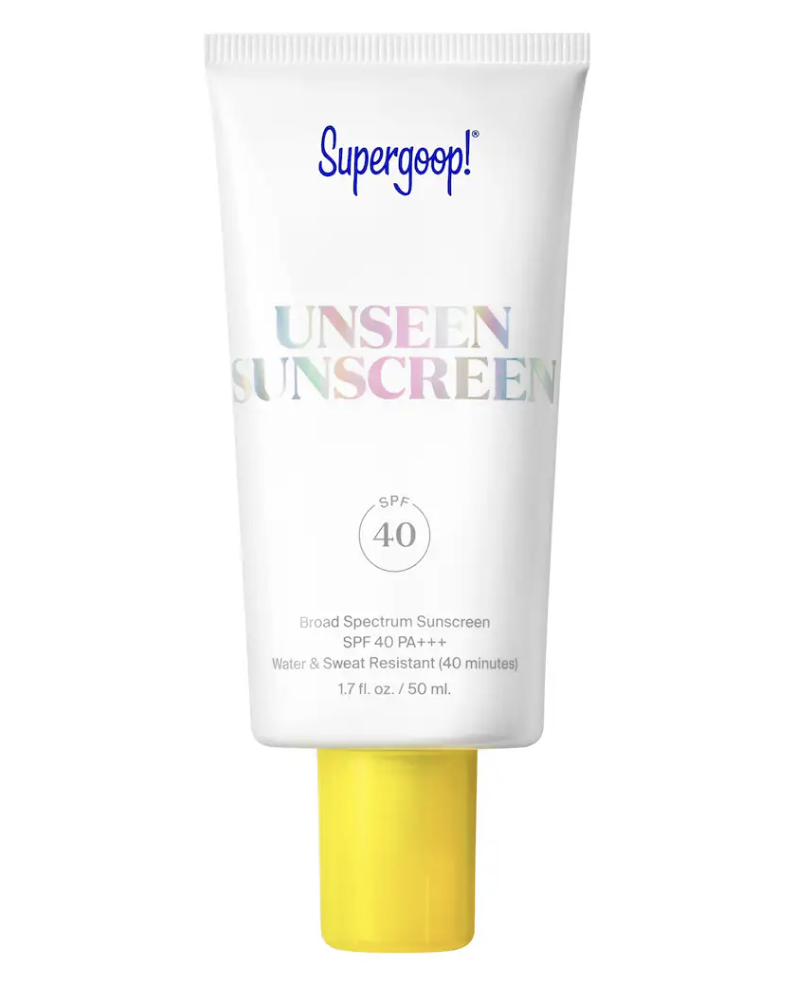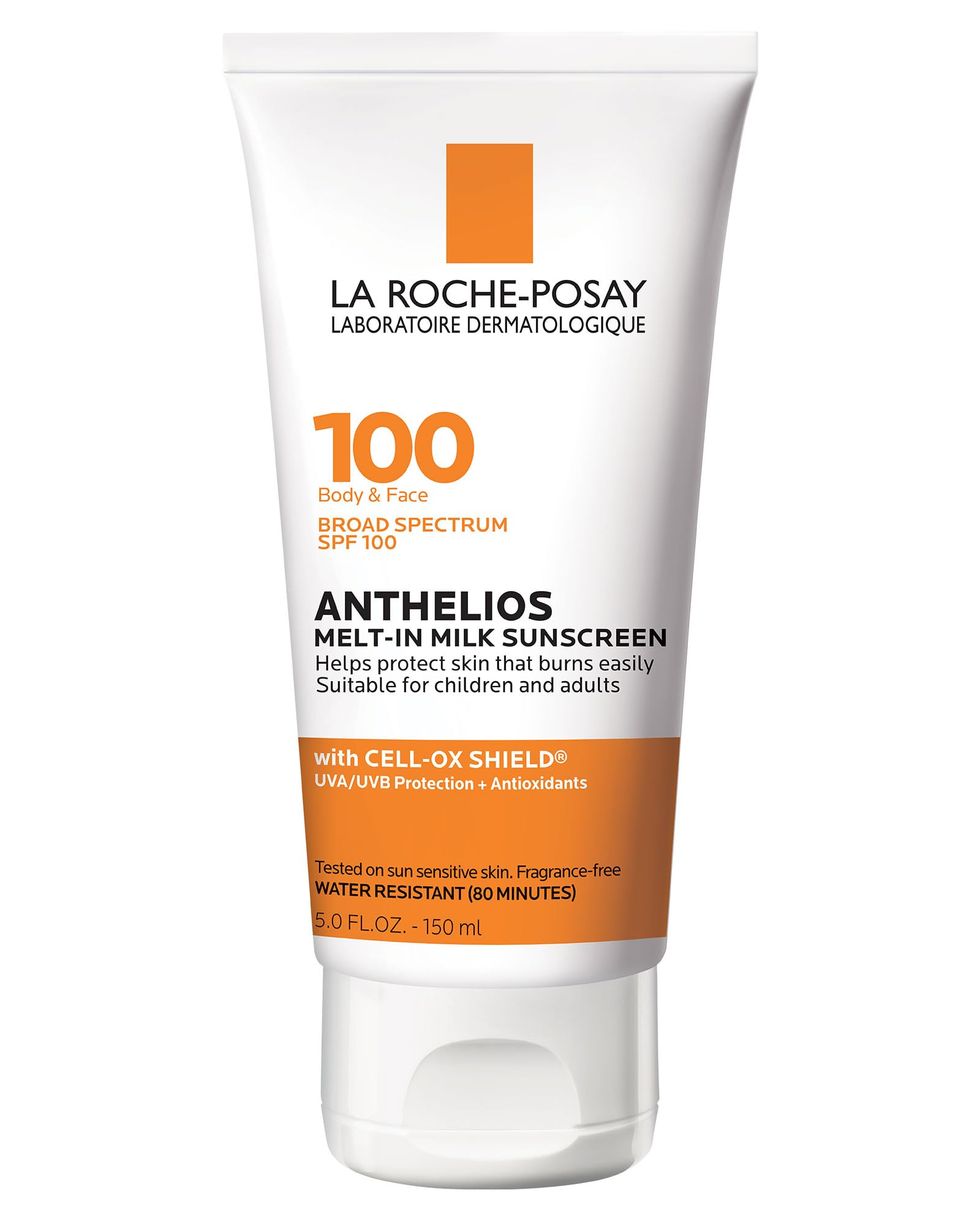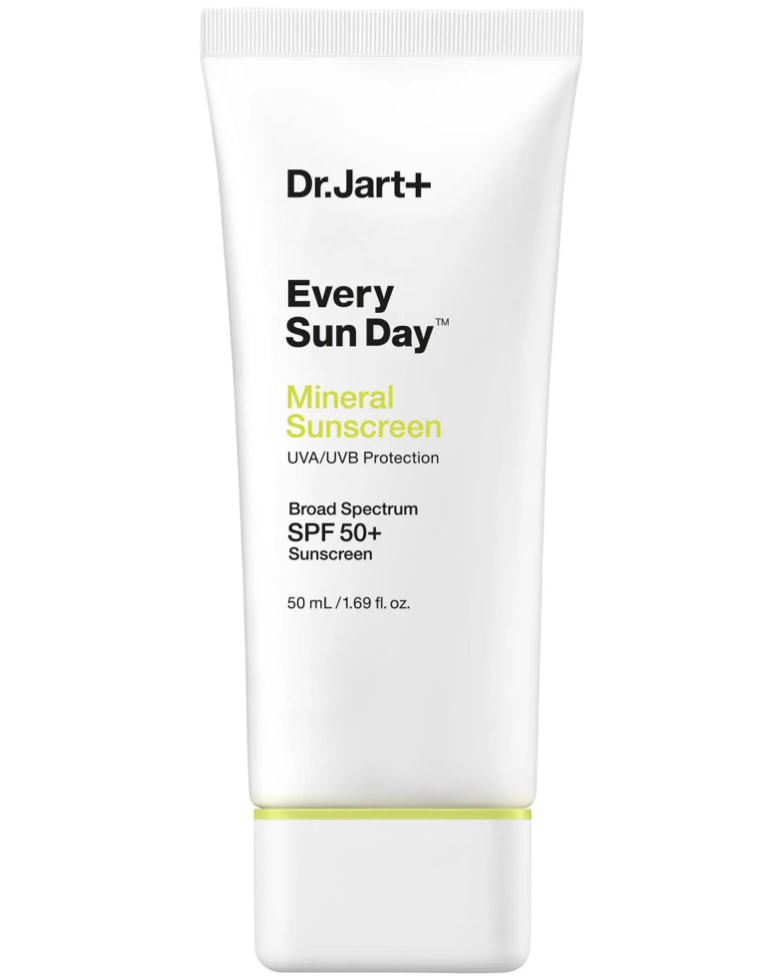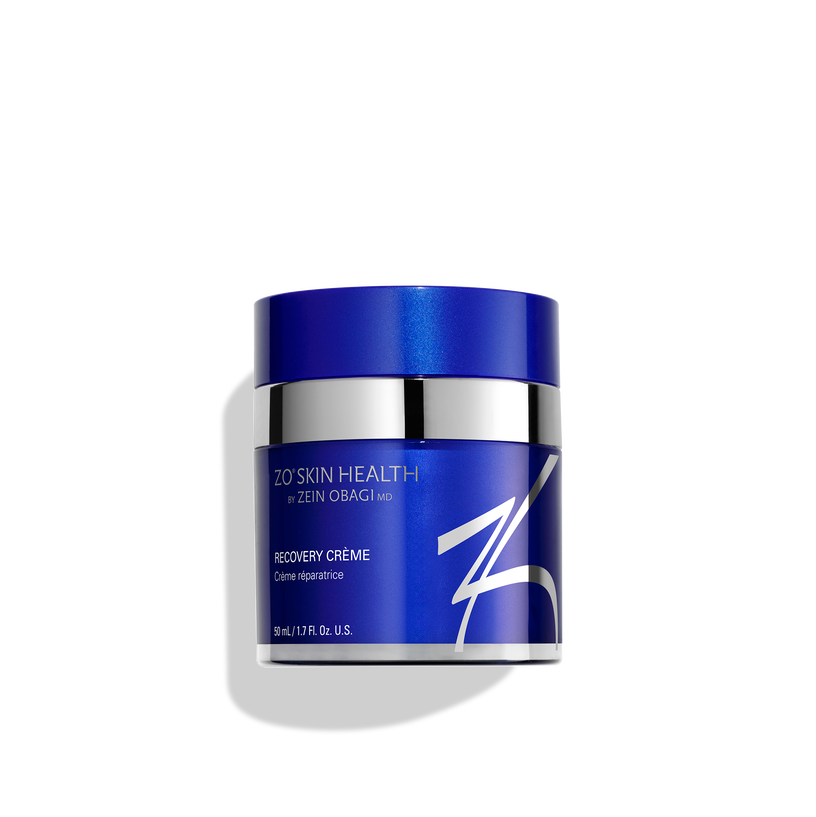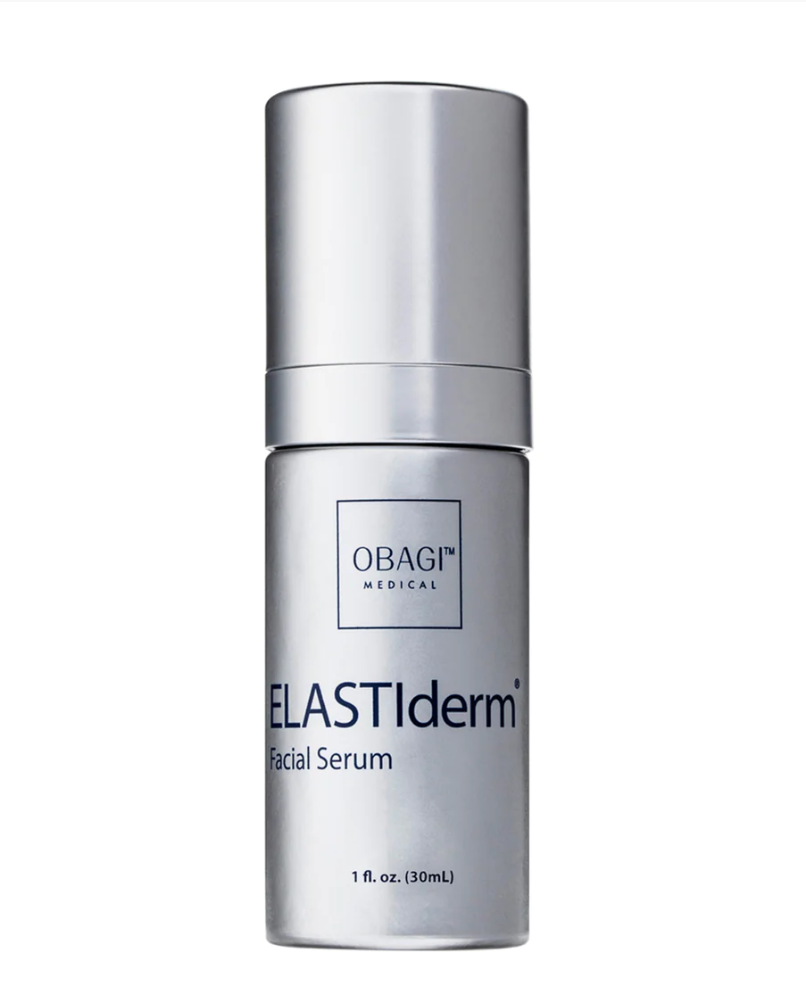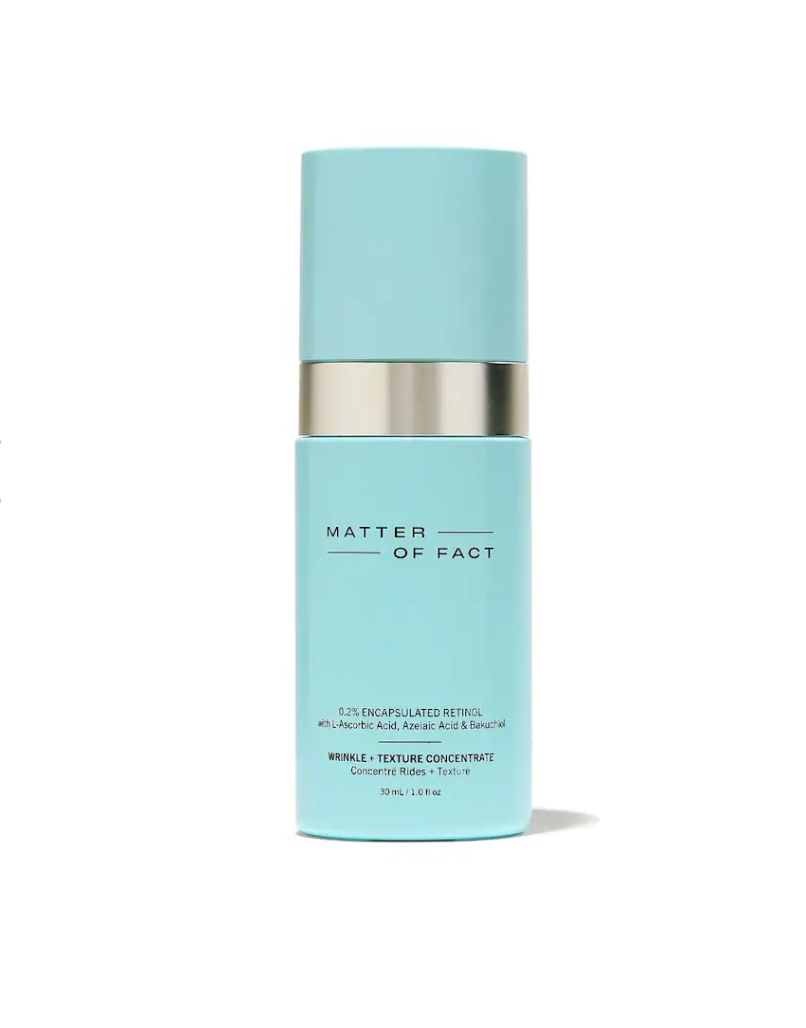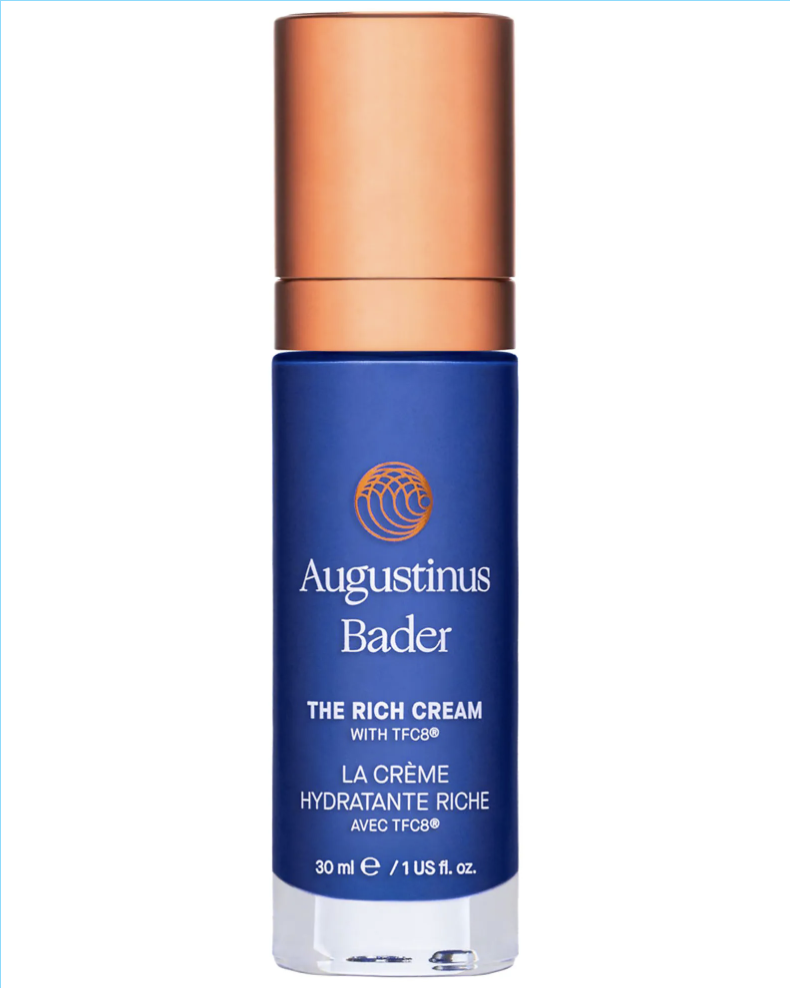Aging is an inevitable part of life, but not everyone loves every aspect of it. Dealing with the skin changes that come with growing older is particularly challenging, and perhaps the most stubborn area to manage is the neck. “In addition to variables like gender and genetic predisposition, certain lifestyle factors like smoking, drinking, and sun exposure all contribute to how the neck ages,” says board-certified plastic surgeon, Dr. Andrew Ordon.
However, there are plenty of ways to tighten neck skin while reversing signs of aging. To answer all your questions, we consulted Dr. Ordon along with Paula’s Choice skincare expert and cosmetic chemist, Julio Lamberty. Whether you’d prefer to stick with an effortless solution, such as using creams and serums, or opt for a more invasive procedure, ahead you’ll find a range of options and expert tips.
Tip #1: Apply sunscreen.
Let’s begin with the most practical preventative measure—applying sunscreen. It’s important to remember that when lathering sunscreen onto your face, you should also make sure you’re spreading the product downward, as the neck is often neglected.
Stating the obvious here, sunscreen helps to protect skin from exposure to ultraviolet radiation from the sun, which can damage skin cells. However, what many people fail to realize is that this damage can also lead to premature aging, such as wrinkles and saggy skin. “Daily use of a broad spectrum sunscreen rated SPF 30 or greater is fundamental to protecting the skin’s appearance; cumulative unprotected exposure to UV light causes the breakdown of every part of the skin, including its supportive proteins (collagens and elastins), its natural supply of protective antioxidants, its moisture barrier, and even its immune system,” says Lamberty.
That said, make sure to show your skin some TLC by applying sunscreen on a daily basis.
Tip 2: Apply wrinkle treatments.
There are plenty of skincare products on the market that are formulated to treat wrinkles. Although many of these products won’t completely erase all of your fine lines and creases, many of them do an excellent job of rejuvenating your skin with potent and/or hydrating ingredients that improve signs of aging. We would recommend using a wrinkle treatment in tandem with your sunscreen of choice. Take a look at some of our favorites below, which can be used on your face as well as your neck.
Tip 3: Consider micro-needling.
Sunscreens and wrinkle treatments are great options, but sometimes, you need to take things a step further. If you hit a wall, Dr. Ordon shares that microneedling could be an effective alternative to topical treatments. “Other options for improving the neck in younger patients include microneedling of the neck, which can be combined with platelet-rich plasma or the use of stem cells,” says Ordon. Ordon also adds that microneedling can help patients who are looking to improve their appearance, but aren’t yet qualified candidates for more invasive procedures.
So, what exactly is microneedling? In short, it’s a procedure that repeatedly punctures the skin with tiny, microscopic needles. “When skin is wounded, it quickly summons collagen to help shore up the damage; however, this wound-healing collagen is inelegant and stiffer than normal collagen,” explains Lamberty. “As part of the natural healing process, the skin quickly makes this less-elastic collagen, then seamlessly segues to making plump, beautiful collagen that we want,” he adds.
However, you should keep in mind that there is a caveat that comes along with microneedling. Lamberty states that when done too often, micro-needling can potentially wound the skin. “Frequently injuring our skin with micro-needles keeps skin in a state of making inelegant collagen, which can create a tightness and a potentially stiff feeling that doesn’t look or feel great,” he adds.
Tip 4: Incorporate retinol into your skincare routine.
Retinol is the holy grail ingredient for skin tightening. “Along with helping skin to make collagen, retinol also inhibits matrix metalloproteinases, which are destructive enzymes that ‘eat’ collagen and chip away at its ability to support skin’s shape and resilience,” says Lamberty.
Retinol also triggers the skin to make more hyaluronic acid by stimulating hyaluronic acid-creating enzymes. And if that wasn’t enough, you should also know that this powerful compound helps to remodel reticular fibers. Lamberty shares that reticular fibers are “thin strands of collagen III found in the dermis that give skin strength and support.” These fibers are directly correlated with the elasticity of our skin. “When reticular fibers weaken, skin’s firmness suffers, but when strengthened and renewed, skin’s firmness rebounds,” Lamberty adds
Tip #5: Consider laser treatment.
“By using a fractional CO2 laser on the skin, one will experience tightening of the skin as well as diminished lines and reduced discoloration,” explains Dr. Ordon. This specific type of laser treatment involves targeting light into deep layers of the skin to initiate collagen production, which subsequently helps to give rise to a more flawless appearance.
Tip #6: Consider heat energy treatments.
As for other non-invasive treatments, Dr. Ordon mentions that Ulthera and Thermage are technologies that use heat energy to stimulate collagen production. Ulthera requires ultrasound heat, while Thermage utilizes radiofrequency energy, and both involve minimal discomfort and little downtime. “Some improvement will be apparent immediately, while further improvement occurs over time,” Dr. Ordon shares.
Tip #7: Consult your doctor about surgical procedures.
Although surgery is an alternative, it’s truly a last resort because, let’s face it, not everyone looks forward to going under the knife. Still, if you’re keen on exploring this route, Dr. Ordon shares a couple of surgical procedures that are commonly given to those seeking to tighten their neck skin. “If your neck has dramatically aged, then the classic deep plan neck lift in conjunction with a facelift is the best option,” says Dr. Ordon. “For younger patients who do not have extreme laxity of the neck, then liposuction with a technique called Renuvion is a great alternative,” he adds.

